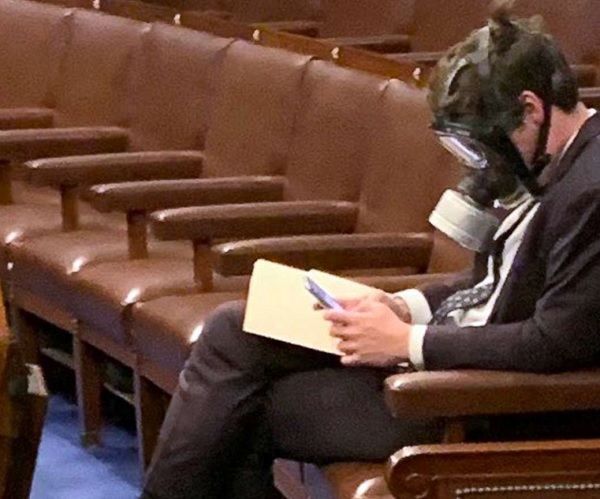
Attorney Scott Pilutik wrestles with the news of the day, from a lawyerly perspective…
A week ago the ultra-conservative CPAC conference took place, the day after Trump called the novel coronavirus a “hoax.” One of the CPAC attendees evidently had the virus and came into contact with a number of elected officials, including Ted Cruz, Doug Collins, Matt Gaetz, and Paul Gosar, who are all self-quarantining. Gaetz was on a plane with Trump earlier today.
Gaetz announced he’ll get tested, but the others haven’t answered whether they will .
But the prospect of getting tested for merely having come into contact with someone who has the virus raises a daunting question about the availability and scalability of testing.
For whatever reason (and I’d love hear why someday), the CDC declined to accept the World Health Organization’s testing kit and embarked on creating its own. That effort failed and it had to start from scratch. So states have been stingy thus far about who meets the criteria for testing because of the scarcity of kits.
Of course, one of the characteristics of the virus is that some carriers don’t show symptoms, meaning that people could easily be walking around transmitting it without knowing, as there is presently no ostensible reason to test them.
Once testing becomes widely available experts predict a sharp rise in diagnosed cases simply because we’ll be looking in more places after permitting it to go poorly checked for over a month.
In China, where the virus metastasized precisely because the government refused to acknowledge its existence for fear it would reflect badly on China, citizens can now walk right into a testing facility and be tested for free. Anyone.
The Trump administration refuses to even answer the question of whether the uninsured can be tested for free, as they continue to sharply limit who can be tested.
China’s cases have decreased in large part because they took proactive, oppressive measures that are probably impossible to enact here or anywhere else in the world. But China viewed the problem as one needing a collective response, and here in the US the term “collective” smacks of “socialism,” so many valid ideas will be viewed as nonstarters. (And some at least should — I’m not advocating for drone policing and welding apartment doors shut, no matter their efficacy.)






